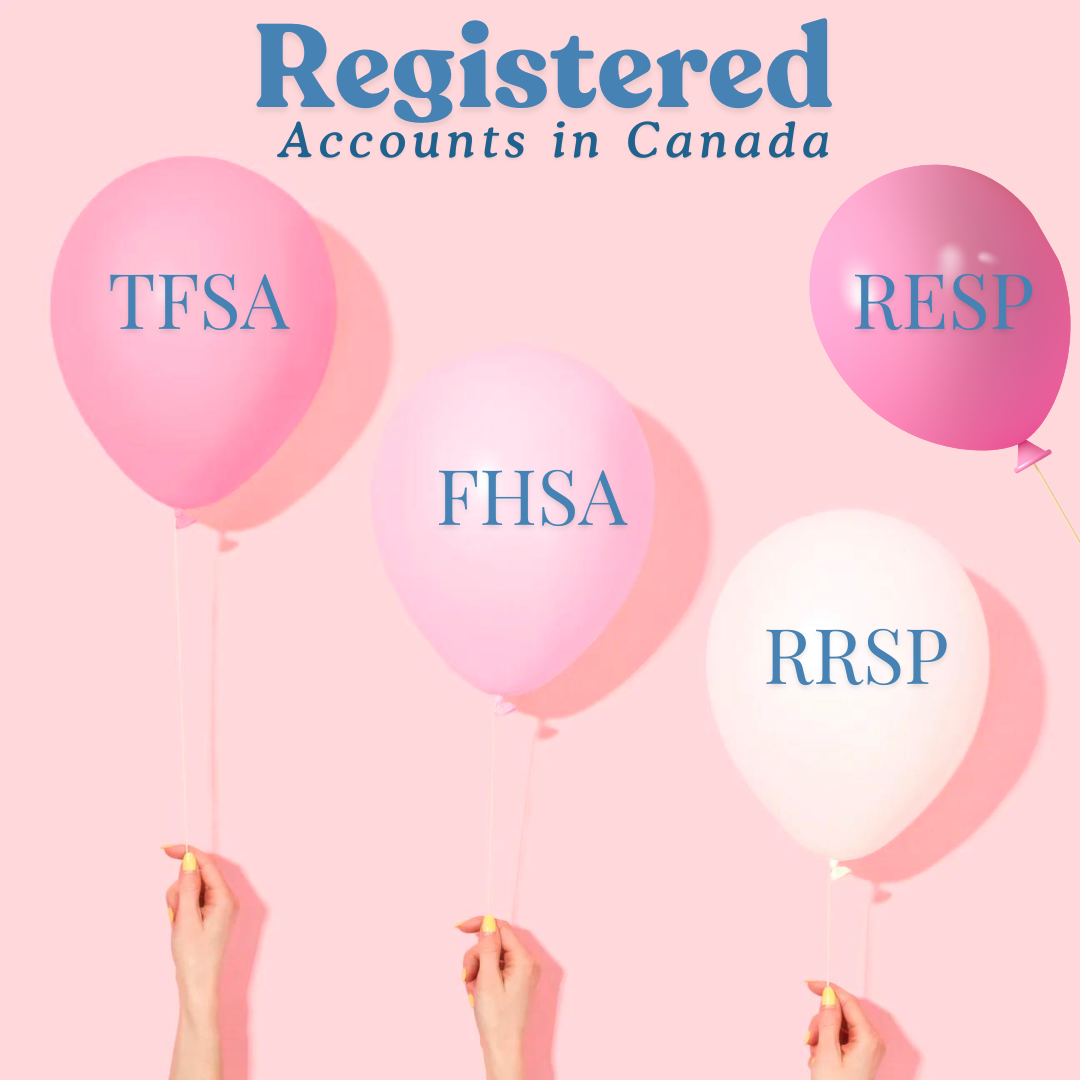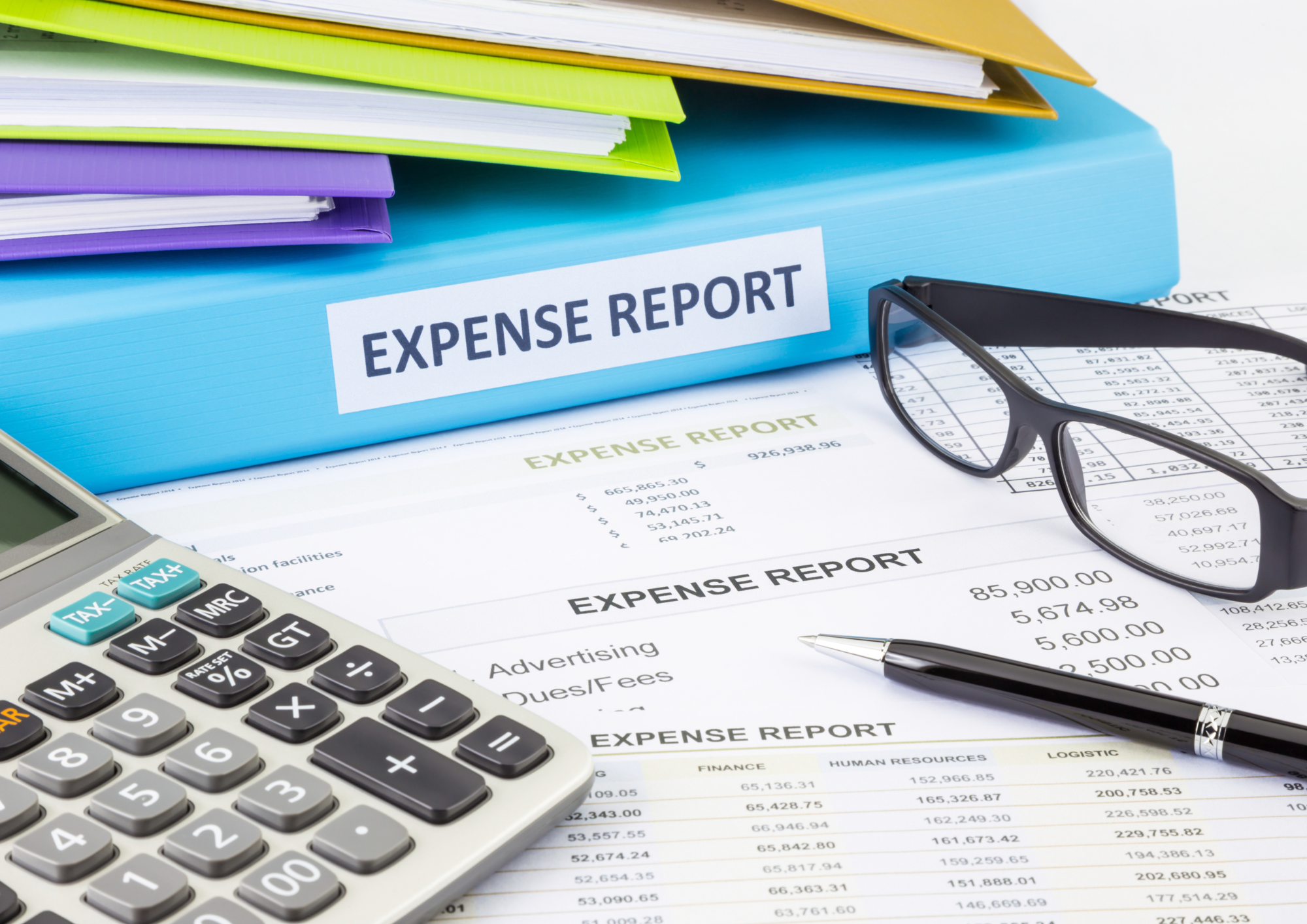Let’s Talk Real Estate (Part 3) – Property Owned by Non-Residents
It’s no secret that the Canadian housing market is red-hot in many cities. Especially in locations like Vancouver and Toronto. Not only are home prices at all time high levels, but there is a shortage of inventory and continued influx of foreign investors. Let’s discuss purchasing and renting residential property in Canada as a foreign investor. I will focus my discussion to the Ontario market. Please note that not all foreign owners are speculative investors. Some are Canadian citizens who have expatriated to other countries, for work, with the intention of returning home to Canada. Therefore holding onto their real estate and renting it out while they are away from the country.
Purchasing as Non-Resident – NRST in Ontario
Prices in the Greater Toronto Area have accelerated significantly over the last couple of years. To cool down the foreign buyer market, the Ontario government introduced the Non-Resident Speculation Tax (NRST). The NRST is 15% tax on the purchase or acquisition of an interest in residential property located in the greater golden horseshoe region by individuals who are not citizens or permanent residents of Canada or by foreign corporations and taxable trustees. The tax came into effect in mid-2017.
There are some exemptions to the NRST. Individuals might be exempt from the 15% speculation tax on the purchase. For example, if the purchaser is a citizen and provides certification for intention to occupy the land as a principal residence by them or by their spouse.
The NRST law and its wording is complex. Foreigner buyers are advised to get legal advice, especially if purchasing multi-residential rental apartments because the rules are not intended to apply to certain multi-residential rentals. Given the average price of real estate is over seven figures in this area, a 15% tax is substantial, and buyers are advised to involve a real estate lawyer and accountant that deals with non-resident tax. A real estate lawyer will also determine if you qualify for exemption. A competent real estate agency should have connections to both. The goal should be to hire a team that will work together. More information on the NRST can be found on the Ontario Ministry of Finance website; fin.gov.on.ca
How is Rental Income Treated as Non-resident of Canada?
For Canadian residents, rental income is treated as investment income and taxed as ordinary income regardless of where the property is located. But what if you are a non-resident of Canada? The gross rental income received from rental property located in Canada by a non-resident is subject to 25% flat withholding tax. This withholding tax must be withheld by the tenant/payor OR an agent on your behalf and remitted to CRA. This is due on the 15th day of the month following the month in which the rent was paid. CRA will setup a non-resident remittance account and send the required remittance forms.
The payor or agent is required to file form NR4 (non-resident tax withholding summary), which details the rents paid and the tax withheld. This form must be filed prior to March 30th of the year following the tax year in which the rental income was received. There is no further tax or filing required at the end of the year if this is done and the required 25% withholding tax on gross rents has been remitted to CRA on time.
What about all those rental expenses that are paid by the landlord owner? Paying the 25% withholding tax without considering the rental expenses just doesn’t seem fair. Did you know that there is an option to file a non-resident tax return to claim rental expenses?
Filing a Tax Return as Non-resident
There is an option to file a Canadian return as a non-resident to report the net rental income (therefore claiming rental expenses). Tax is then calculated at normal personal income tax rates but will be on the net rental income (if any). Non-residents who elect to file this tax return and report net rental income versus the gross method must follow the following process:
- Agent or payor completes and submits NR4 form (as stated above) and 25% is withheld as above
- A special form, called form NR6, is completed and filed with the local tax office. Approval of the NR6 will mean that withholdings can be taken going forward on 25% of estimated NET rental income (instead of gross rental income). Therefore, reducing or eliminating withholding remittances depending on estimated rental expense amounts.
- Form NR6 must be filed prior to the due date of the first rental payment and then prior to the beginning of each year during which the rental arrangement continues.
- A special tax return used by non-residents must then be filed. This return is due 6 months after the end of the rental year (filed no later than June 30th of the following year).
Note that the final tax is calculated on this tax return. Any refund is then issued to the non-resident account at this time (for example, the difference between what was originally withheld and what is due). And if the NR6 is approved, withholdings going forward are reduced or even eliminated. The process can be complex and an administrative headache. But the benefit can obviously be a large reduction of tax.
In addition to Canadian tax rules, there might be tax consequences in the home country to consider. Buyers should also consult with a tax specialist in the country that they are resident. There might be tax treaties in place to reduce tax depending on the resident country. Getting informed before making purchases as a non-resident can save future headaches, time, taxes and possible fees or penalties.
The above is just a general discussion on this topic and does not replace formal tax advice. Every individual and situation is different and therefore it is always recommended to seek tax or legal input directly. Contact me if you are non-resident & thinking of investing in Canadian residential property and require tax assistance. Although this sounds complex and time consuming, it doesn’t have to be. This topic is a specialty area for me and yes, I provide non-resident tax return preparation service. 😊









